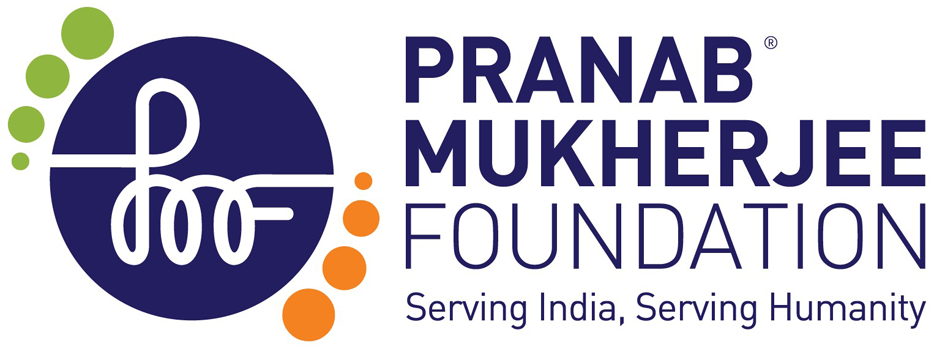Happiness Curriculum Training Starts at SmarTgram Alipur
“If I were to use a word to describe a human emotion associated with this on-going transformation of the quality of life in the township, it will be happiness.”
On January 16, 2016, Shri Pranab Mukherjee addressed 500+ academic institutions of India through a live and interactive platform over the National Knowledge Network. The address was vital as it drew attention to often ignored but crucial aspect of living- Happiness!
Shri Mukherjee highlighted that –
- Whatever we do, we do for happiness
- If a person isn’t happy, s/he cannot give their best, to self and to society
The Pranab Mukherjee Foundation, through its SmarTgram Mission, works with 21 LRPs (Local Resource Person) to impart education to children in a government school of the adopted villages. The LRPs bridge the gap between teacher requirement and help enhance the learning outcomes of the students. Two of the schools covered are in Mewat, which is an ‘Aspirational District’ and ranks low specifically in Education parameters.
It is happiness that holds the key to the well-being of people and for the development of human society.
– Shri Pranab Mukherjee
Nowadays, it is observed that the village students show anger, aggression and develop a feeling of alienation. As a remedy to this, through educational intervention, the PMF decided to adopt the ‘Happiness Curriculum’ which was introduced by the Govt of NCT of Delhi in their schools in 2017-18. The curriculum was launched by His Holiness The Dalai Lama on July 2, 2018.
This is the first time that such a program is being implemented for children of rural India. Our 21 LRPs, of which 15 are women, were briefed about the program and trained through a day-long interactive session at our Udyog Kunj facility.
Happiness Curriculum started with 16 Mentors and 3 Counsellor and now benefits over 8 lakh students in 1024 schools through 21000 teachers. Ankit Pogula and Swati Chaurasia, who overlooked the development of the Happiness Curriculum and are working closely with the Delhi government on its smooth implementation and impact assessment, introduced the LRPs to genesis, desired outcomes and pedagogy of the happiness curriculum. The Happiness Curriculum was crafted through 3 books and now they have a book each from nursery to class – 8 of this curriculum. PMF will formulate and build upon the existing Happiness Curriculum Framework and books which will be sensitive to the local context. (Link)

The aim of the curriculum is to create a safe space for children in schools where the are allowed to express themselves without any fear of judgement or consequences. Happiness classed aide to better learning outcomes and mental health among the students. Children are encouraged to develop awareness, reflection, critical thinking and articulation skills. The children are encouraged to work on the Happiness Triad. This helps them connect with self, significant others and with society on the whole. Mrs Omita Paul opined that the happiness curriculum may yield better results in the rural setup as they are closer to nature.

The session helped the LRPs gain clarity about the mindfulness practice, stories, activity and expression format, via which the Happiness curriculum is executed. The participants asked questions and gave interesting answers regarding how they planned to execute Happiness Curriculum. The LRPs will bring in the local character which will help us customise the activities. The classes are set to be conducted as soon as the ongoing training program of the LRPs is completed.




